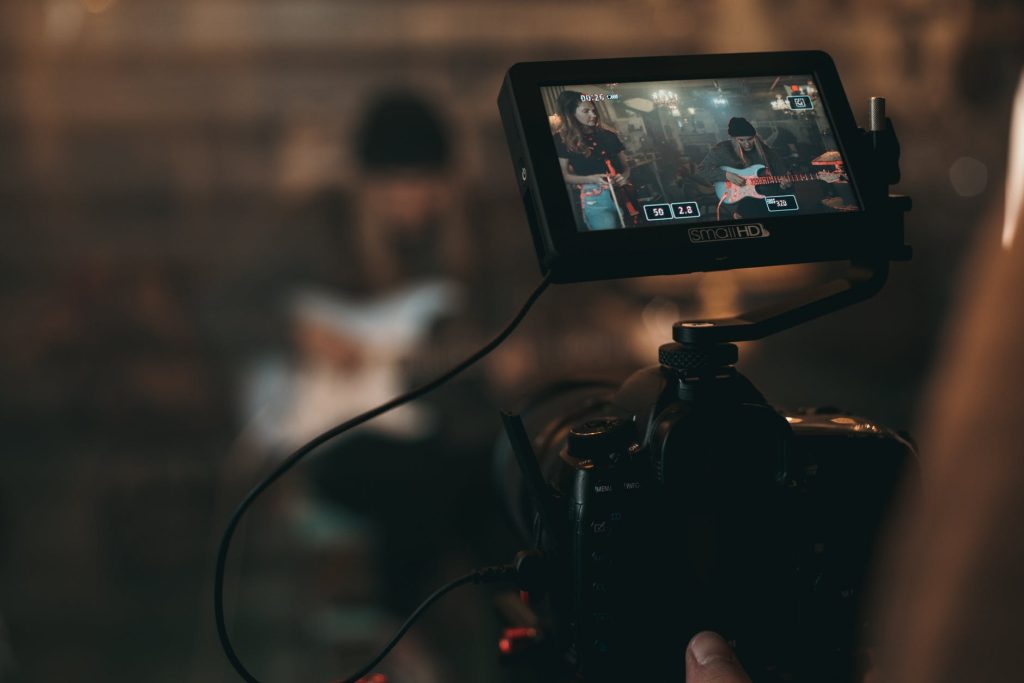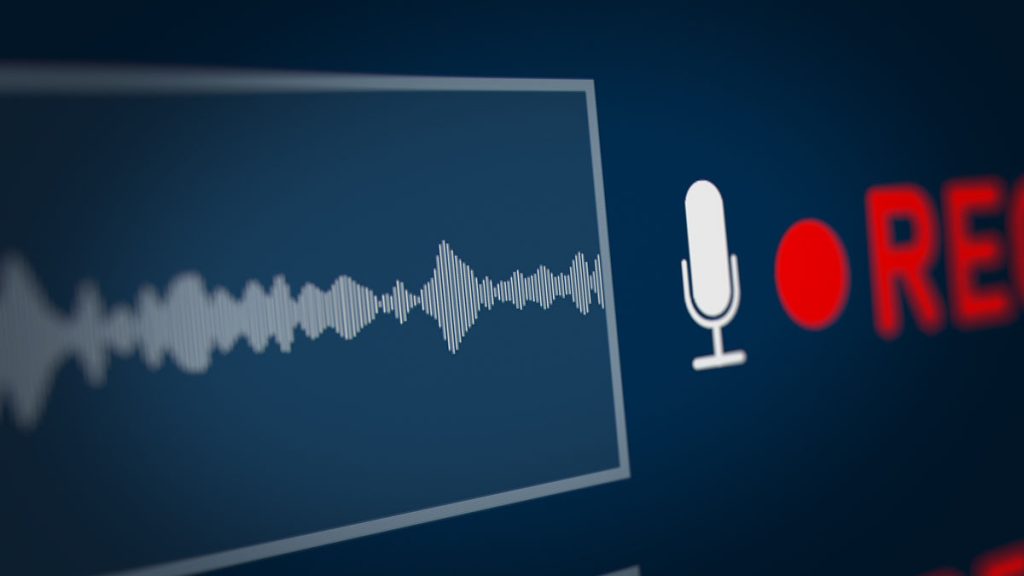
Can You Record Conversations In Germany?
Germany is a two-party consent state, which means it is illegal to record conversations (including phone calls) without the consent of all the parties to the conversation.
If you’re in a conversation with another person, you need to get consent from that person, and if you’re in a call with more than one person, you need to get consent from all participants before recording the conversation.
The same applies if you’re not a participant in a conversation and you want to record the conversation.
Section 201 of the German Criminal Code states that it is illegal to make an audio recording or intercept using a listening device the privately spoken words of another person without receiving authorization to do so.
It is also unlawful to use or disseminate illegally recorded audio to a third party. Also prohibited is publicly communicating, in verbatim or the contents of privately spoken words of another person that were illegally recorded or intercepted.
Note: Using or disclosing recorded audio results in criminal liability only if the public communication is made to interfere with the legitimate interests of another person. This caveat makes it legal to make public such audio if the public disclosure is made to safeguard overriding public interests.
So, in short, you’re allowed to disclose private conversations if the information is meant to safeguard public interests which override private interests.
Video Recording Laws In Germany

Section 201a of the German Criminal Code covers laws relating to taking videos and photographs of other people.
It is illegal to, without consent, create or transmit a photograph or video of another person when that person is in a private premises or room that is protected from public view – as this translates to a violation of that person’s intimate privacy.
Also prohibited is using or making public a video or photograph obtained illegally in violation of Section 201a.
In the case where a video or photograph is created or obtained through consent, it is illegal to make available to a third party such material in the awareness of that third party lacking authorization to possess such material.
It is illegal, without consent, to make available a photograph or video of another person if the material contains content that can damage that person’s reputation.
Producing or offering to produce for a third party and procuring for yourself or a third party an image showing the nakedness of a person under the age of 18 years is prohibited.
Can You Record Conversations To Collect Evidence Or For Self Defence?
German law allows you to make recordings of privately spoken words in instances where it is necessary to defend yourself or another person.
Section 34 of the German Criminal Code defines self-defence to include present danger to life, limb, liberty, honour, property or another legal interest which cannot otherwise be averted. However, individuals are required to weigh the conflicting interests and the degree of danger, in this case, legal interest, against their protected interests.
If the protected interests outweigh the legal interests, they are allowed to act accordingly provided the extent that the act committed is an adequate means to avert the danger.
Can The Police Record Or Monitor Your Conversations?

If the Police or other state authorities want to record or surveil one’s communications, they are required by law to seek authorization from a judge. In cases where there is a threat of imminent danger, the authorization can be issued by a public prosecutor.
Interception Of Phone Calls By Service Providers
The law in Germany protects your phone calls and other telecommunication data from disclosure through Section 88 of the Telecommunications Act and Article 10 of the Basic Law for the Federal Republic of Germany.
Under these laws, service providers and other institutions handling telecommunication data are required to maintain the secrecy of telecommunications. So, for example, if you make a phone call, your service provider is not allowed to access or disclose the contents or any data relating to your phone call.
The law states that service providers are restricted from acquiring knowledge of the telecommunication content or the specific circumstances of the telecommunication beyond what is necessary for the commercial provision of telecommunication services, including the protection of their technical systems.
Recording Laws for German Businesses
Germany and all other EU Countries follow the GDPR (General Data Protection Regulations (GDPR), a regulation that was established to control the processing of data owned by EU citizens by companies that have access to such data regardless of whether or not the companies are operating within the EU.
To learn more about these regulations, check out this page.
Penalties
- Violating Section 201 of the Criminal Code is punishable by imprisonment for a term not exceeding three years or a fine.
- In the case of a public official or a person entrusted with special public service functions violating Section 201 of the Criminal Code, the punishment is imprisonment for a term not exceeding five years or a fine.
- Violating video recording laws under Section 201a is punishable by imprisonment for a term not exceeding two years or a fine.